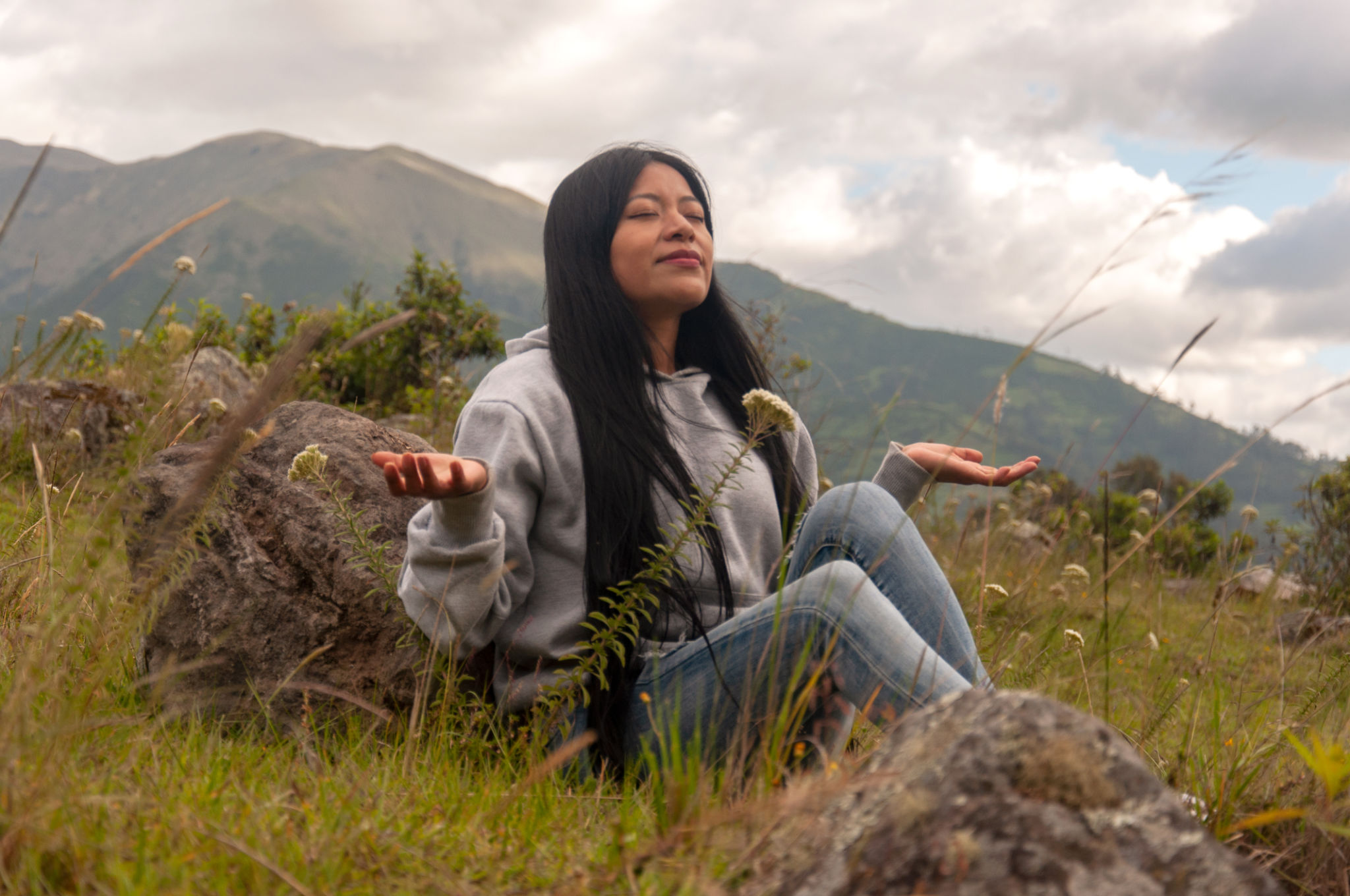Connecting with Nature: Indigenous Environmental Practices in Greater Sudbury
Introduction to Indigenous Environmental Practices
Greater Sudbury, a region rich in natural beauty, is home to a vibrant community that continues to honor its Indigenous roots. The Indigenous peoples in this area have long practiced a sustainable relationship with the land, guided by traditions that emphasize respect, responsibility, and reciprocity. These practices not only preserve the environment but also offer valuable lessons for today's ecological challenges.

The Importance of Traditional Ecological Knowledge
Traditional Ecological Knowledge (TEK) is a vital foundation of Indigenous environmental practices. This knowledge encompasses a deep understanding of the local ecosystems, built over generations through direct interaction with the natural world. TEK provides insights into sustainable resource management, biodiversity conservation, and climate adaptation strategies.
For example, Indigenous communities in Greater Sudbury employ TEK to manage forests, ensuring that logging practices are balanced with the needs of the ecosystem. By observing natural cycles and patterns, they are able to maintain healthy forests that support diverse wildlife and protect against soil erosion.
Sustainable Land Management Techniques
One of the key elements of Indigenous environmental practices is sustainable land management. This involves techniques such as controlled burns, which help rejuvenate plant growth and reduce the risk of uncontrolled wildfires. Controlled burning is a practice that has been used for centuries, demonstrating the deep understanding Indigenous peoples have of their environment.

In Greater Sudbury, controlled burns are carefully planned and executed to mimic natural fire cycles, promoting the growth of certain plant species and maintaining ecological balance. This method also enhances soil fertility and encourages new growth, supporting biodiversity in the region.
Water Stewardship and Conservation
Water is a sacred resource for Indigenous communities, and its conservation is integral to their way of life. In Greater Sudbury, Indigenous practices of water stewardship involve monitoring water quality, protecting watersheds, and ensuring that water use is sustainable. These practices are crucial in maintaining clean and healthy waterways for both people and wildlife.
By using traditional methods such as buffer zones around water bodies and seasonal harvesting practices, Indigenous communities help safeguard water resources against pollution and overuse. This approach fosters a harmonious relationship between humans and nature, ensuring that water remains abundant for future generations.

Community Collaboration and Education
Indigenous environmental practices in Greater Sudbury are not only about preserving the land but also about fostering community collaboration and education. By sharing their knowledge and practices with non-Indigenous communities, they promote a broader understanding of sustainable living.
Workshops, cultural events, and educational programs are often organized to teach both children and adults about the importance of environmental stewardship. This collaborative effort helps build a resilient community that respects nature's limits and values the wisdom of traditional ecological practices.
The Role of Indigenous Leadership
Indigenous leadership plays a pivotal role in advocating for environmental protection and policy-making. Leaders within these communities actively participate in discussions about land use, natural resource management, and climate change mitigation strategies. Their involvement ensures that Indigenous perspectives are considered in regional planning and decision-making processes.
Through continued advocacy and leadership, Indigenous communities in Greater Sudbury are able to influence sustainable development initiatives, ensuring that economic growth does not come at the expense of environmental health.

Conclusion: A Path Forward
The Indigenous environmental practices of Greater Sudbury offer a powerful framework for connecting with nature in a sustainable and respectful manner. By integrating these traditional practices with modern environmental strategies, we can create a harmonious balance that benefits both people and the planet.
As we face growing ecological challenges, it is essential to recognize and learn from the wisdom of Indigenous communities. Their deep connection to the land provides invaluable insights into creating a sustainable future for all.
